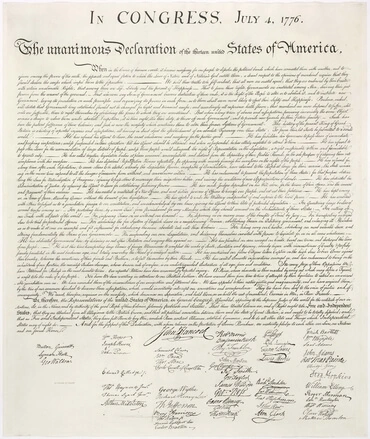1
Then all the captains of the forces, and Johanan the son of Kareah, and Jezaniah the son of Hoshaiah, and all the people from the least even to the greatest, came near,
2
and said to Jeremiah the prophet, Please let our supplication be presented before you, and pray for us to Yahweh your God, even for all this remnant; for we are left but a few of many, as your eyes do see us:
3
that Yahweh your God may show us the way in which we should walk, and the thing that we should do.
4
Then Jeremiah the prophet said to them, I have heard you; behold, I will pray to Yahweh your God according to your words; and it shall happen that whatever thing Yahweh shall answer you, I will declare it to you; I will keep nothing back from you.
5
Then they said to Jeremiah, Yahweh be a true and faithful witness among us, if we don't do according to all the word with which Yahweh your God shall send you to us.
6
Whether it be good, or whether it be evil, we will obey the voice of Yahweh our God, to whom we send you; that it may be well with us, when we obey the voice of Yahweh our God.
7
It happened after ten days, that the word of Yahweh came to Jeremiah.
8
Then called he Johanan the son of Kareah, and all the captains of the forces who were with him, and all the people from the least even to the greatest,
9
and said to them, Thus says Yahweh, the God of Israel, to whom you sent me to present your supplication before him:
10
If you will still live in this land, then will I build you, and not pull you down, and I will plant you, and not pluck you up; for I grieve over the distress that I have brought on you.
11
Don't be afraid of the king of Babylon, of whom you are afraid; don't be afraid of him, says Yahweh: for I am with you to save you, and to deliver you from his hand.
12
I will grant you mercy, that he may have mercy on you, and cause you to return to your own land.
13
But if you say, We will not dwell in this land; so that you don't obey the voice of Yahweh your God,
14
saying, No; but we will go into the land of Egypt, where we shall see no war, nor hear the sound of the trumpet, nor have hunger of bread; and there will we dwell:
15
now therefore hear the word of Yahweh, O remnant of Judah: Thus says Yahweh of Armies, the God of Israel, If you indeed set your faces to enter into Egypt, and go to live there;
16
then it shall happen, that the sword, which you fear, shall overtake you there in the land of Egypt; and the famine, about which you are afraid, shall follow close behind you there in Egypt; and there you shall die.
17
So shall it be with all the men who set their faces to go into Egypt to live there: they shall die by the sword, by the famine, and by the pestilence; and none of them shall remain or escape from the evil that I will bring on them.
18
For thus says Yahweh of Armies, the God of Israel: As my anger and my wrath has been poured forth on the inhabitants of Jerusalem, so shall my wrath be poured forth on you, when you shall enter into Egypt; and you shall be an object of horror, and an astonishment, and a curse, and a reproach; and you shall see this place no more.
19
Yahweh has spoken concerning you, remnant of Judah, Don't you go into Egypt: know certainly that I have testified to you this day.
20
For you have dealt deceitfully against your own souls; for you sent me to Yahweh your God, saying, Pray for us to Yahweh our God; and according to all that Yahweh our God shall say, so declare to us, and we will do it:
21
and I have this day declared it to you; but you have not obeyed the voice of Yahweh your God in anything for which he has sent me to you.
22
Now therefore know certainly that you shall die by the sword, by the famine, and by the pestilence, in the place where you desire to go to live there.







